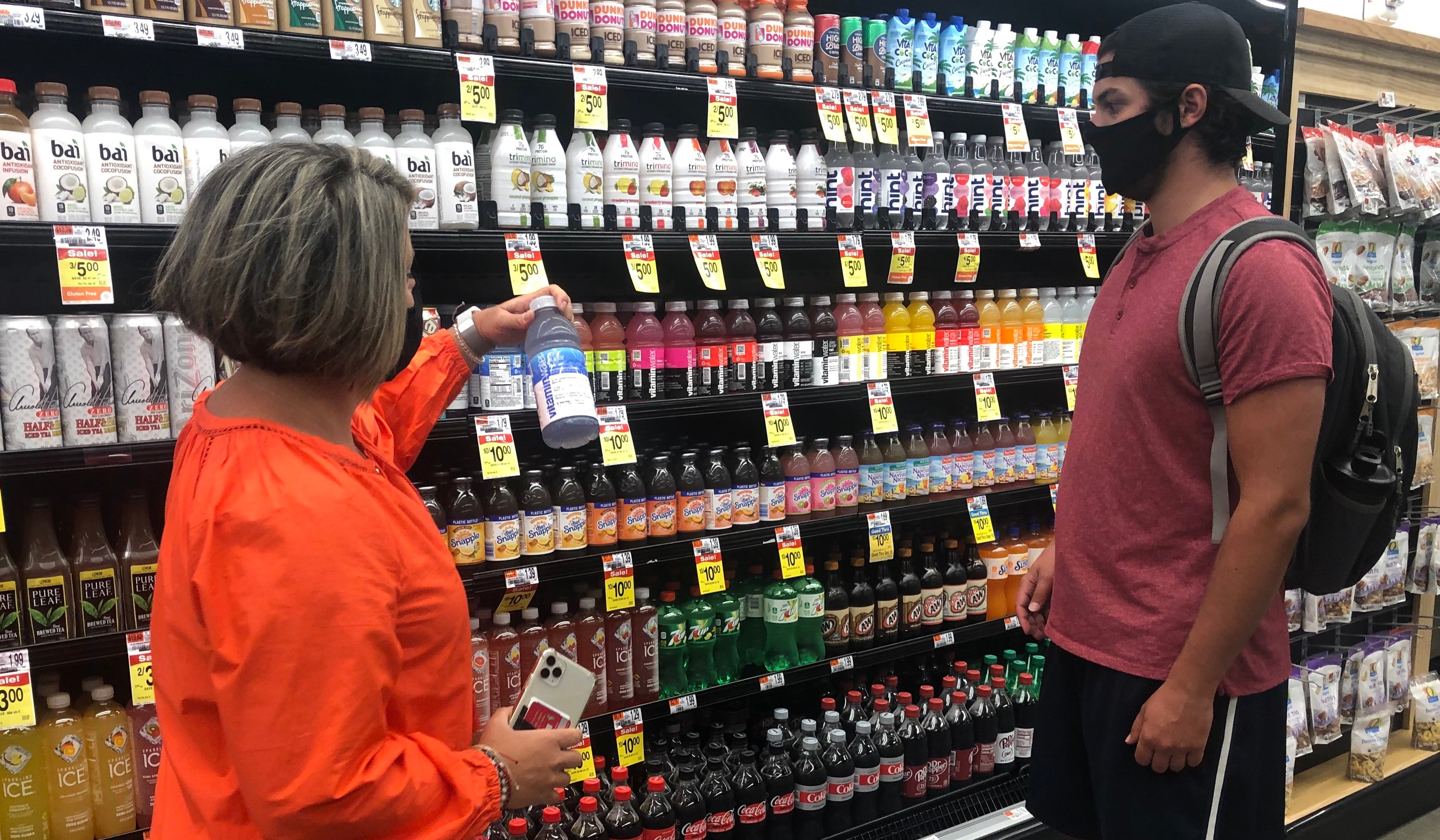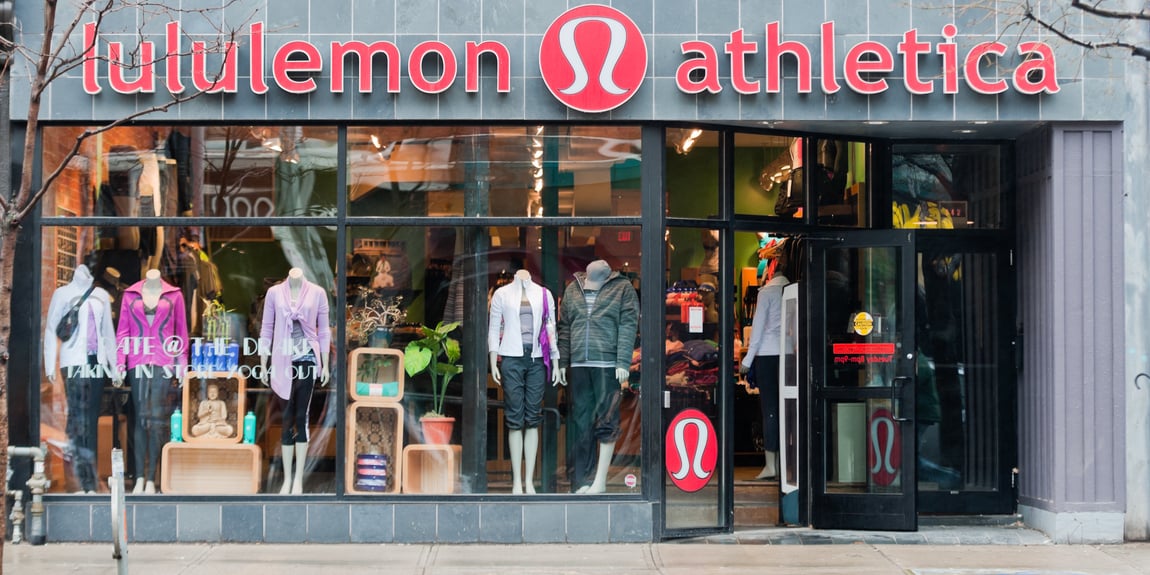When was the last time you pulled out your smartphone while you were out and Googled something like “grocery stores near me,” or “department stores near me”? Perhaps you asked Siri or Alexa instead? Maybe within the last few hours? You’re not alone.
Research from Google shows that consumers who use mobile search are often looking for local stores and services. There’s been a steady increase in use of the term “near me” within search queries in the last few years. As consumers continuously find new ways to rely on their phones, mobile is becoming the new chaperone for local stores and experiences. Increasingly, the mobile channel is driving that foot traffic.
And, mobile search for local stores is just one piece of the mobile buying process. There are many versions of this journey, as consumers adapt to the various omnichannel options. Still, the majority of shoppers start their journey on one device but continue or finish on a different one, while 35% of shoppers that start in a digital channel continue on to visit a brick-and-mortar store. Consumers tend to use smartphones first to gather ideas, research products and search for local information before heading to a nearby store.
Shoppers often visit stores with a pre-determined idea of what they want to buy, and mobile channels can tell shoppers whether a retailer will be able to give them that product. But, once they enter a physical store, impulse purchases kick in. Let’s dive into some of the ways mobile search is affecting in-store retail, and how brands can capitalize.
Mobile Search Means Mobile Knowledge
Mobile-savvy shoppers use their phones not just to locate stores or desired products, but also after they enter a store.
They may pull out their phone in a grocery store aisle to compare pricing of a brand’s product at other retailers – maybe the local warehouse store will have a better deal on that box of baby diapers. Or, a quick mobile search can tell shoppers whether those shoes they’re eying are in-stock elsewhere in the color they want.
Around 45% of shoppers also use their phones to look up reviews of certain products while in-store. Some might even write their own reviews, posting pictures of products or brands if they have a positive – or negative – experience in-store. ThirdChannel data shows a correlation between consumer store reviews on Google and store sales. In this age of instant feedback and potential social media notoriety, it’s ever more important that customers are satisfied. From staffing well-trained associates, to creating perfect displays and well-merchandised shelves, there are many ways brands can proactively manage their in-store reputation.
Sephora, for example, designed its mobile app with the in-store experience in mind, so shoppers can easily access product ratings and reviews. Having access to this kind of information is what customers want, with 62% of shoppers using a retailer’s mobile app while they’re in its store.
Despite the increasing trend of consumers using smartphones to research products and pricing in-store, research shows that consumers still seek out sales associates. One survey showed that 61% of consumers value or highly value asking an associate for product recommendations, making it essential for brands and retailers to invest in educating store associates who can follow through effectively on consumers’ mobile research. ThirdChannel research shows that 90% of consumers are likely to make a purchase with assistance from a knowledgeable associate, so the ROI here is a no-brainer.
Local Shoppers Like Localized Stores
Mobile search is clearly connecting shoppers to local stores. This creates a unique opportunity as long as stores are prepared to engage the local shopper, by using brand-dedicated field agents as well as data such as shopper demographics, store location and size, etc. Each source provides important information that influences how a store is organized, stocked and attended to.
Armed with this information, brands can provide the localized, personalized environment that shoppers are looking for, enabling an elevated, more successful consumer experience.



